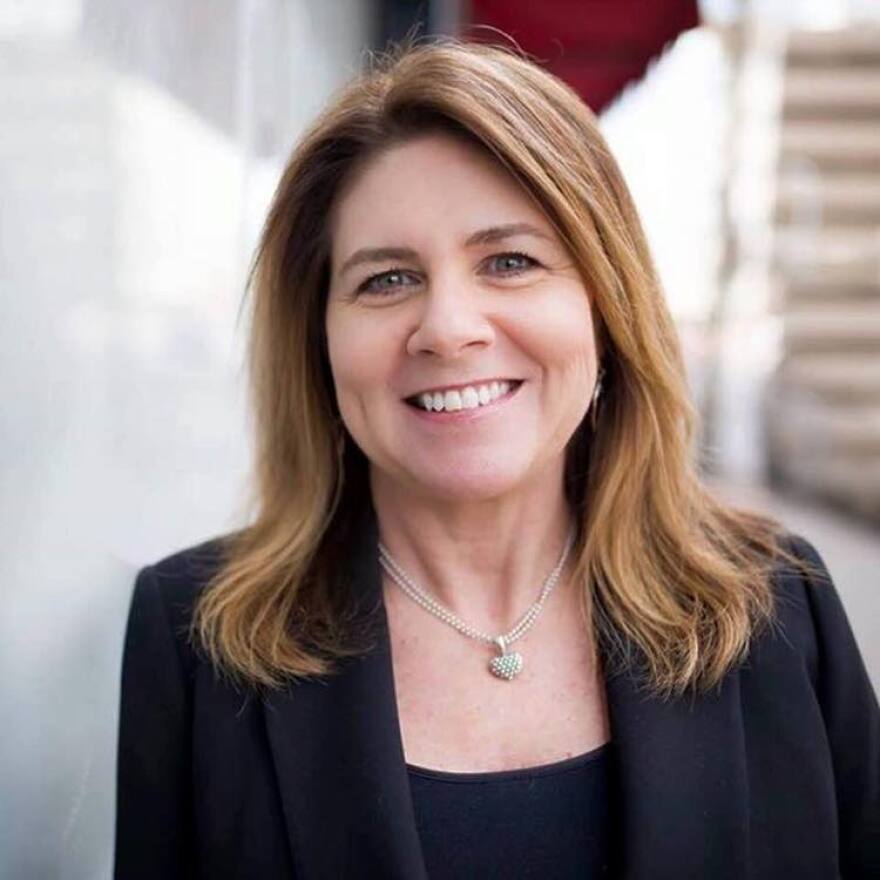In addition to this year’s coronavirus pandemic, catastrophic unemployment, social isolation, and extreme weather, the nation has been convulsed for months over the Black Lives Matter movement and related protests. United Way Quad Cities has capitalized on this unique time to offer a 21-Day Equity Challenge.
In one of two remaining sessions, which began September 17, those who register get an email every day with suggestions for readings, podcasts, videos, observations, and ways to form and deepen community connections and understanding. Participants will be invited to the first Quad Cities Equity Summit in October. The Equity Challenge was originally developed by a University of Iowa alum, Dr. Eddie Moore Jr., and was adapted in 2014 by Food Solutions New England in Durham, New Hampshire.
United Way of Washtenaw County in Ann Arbor, Michigan, introduced the challenge into the United Way network, and United Way of Central Iowa, as well as our Q-C United Way have joined. It’s partnered with Quad Cities Community Foundation, Quad Cities Chamber, and Visit Quad Cities to focus on Rock Island and Scott counties.
The 21-Day Equity Challenge ranges from themes such as personal racial identity, to reflecting on biases and defining what “privilege” means. In the first week, participants explore why it’s hard to talk about race and the impact of racial trauma on Black, Brown, and Indigenous people.
United Way President and CEO Rene Gellerman says 1,000 people have signed up so far.

“I’m really proud of the response of our community, the interest people have in really wanting to talk about equity, about race and the challenges that are affecting our black, brown, and people-of-color neighbors. I think it really demonstrates a community that’s anxious to strengthen their equity muscle and they want to be part of a region that’s inclusive.”
Very few United Way chapters around the nation have taken part in the challenge, she says, though it’s so timely with the social unrest roiling the country now.
“Certainly the increased focus on social justice and racial tensions has really elevated our interest in getting involved. But for 40 or 50 years, United Way has been investing in overcoming or dismantling systems that keep people back from being able to have a successful and thriving life. I think that we – United Way and others in this community -- we need to improve looking at those disparities through an equity lens and do more to make sure there’s equal opportunity. And that we provide the support for people that don’t always have access to support and programs that are needed.”
Dr. Moore designed the challenge not only to help people better understand the issues surrounding equity and inclusion, but to build a long-lasting habit of learning by stretching it over 21 days.
For the Q-C United Way, it’s a natural outgrowth of the African American Leadership Society, which began last year, mobilizing volunteers, mentors, and money to focus on improving third-grade reading among Black students. Now she says, 43 percent of African-American kids in the Quad Cities read proficiently by the end of the third grade, compared with 73 percent of white students.
“Third-grade reading is the key indicator whether somebody is going to graduate from high school. So the African American Leadership Society is really focusing their resources on improving that third-grade reading proficiency. They’ve partnered with Madison Elementary School and created a community school project.”
The last session of the Equity Challenge is set for October 26 to November 15; and people need to register by October 22. All participants are invited to a free, virtual Equity Summit on October 15, focused on bringing people together to talk about what we can do to reduce and prevent racial inequities - in education, income and health.
“We have five topics we’re going to be talking about that day at the Equity Summit, and we have several sessions throughout the day. What we’re really trying to achieve with that is, not only to inspire the conversation and individual action, but we’re looking for, what does our community want and how do we prioritize this?
“Equity, overcoming racial tensions we’ve experienced in our community and the world is not going to happen overnight. It requires a long view.”
For more information, visit unitedwayqc.org.




